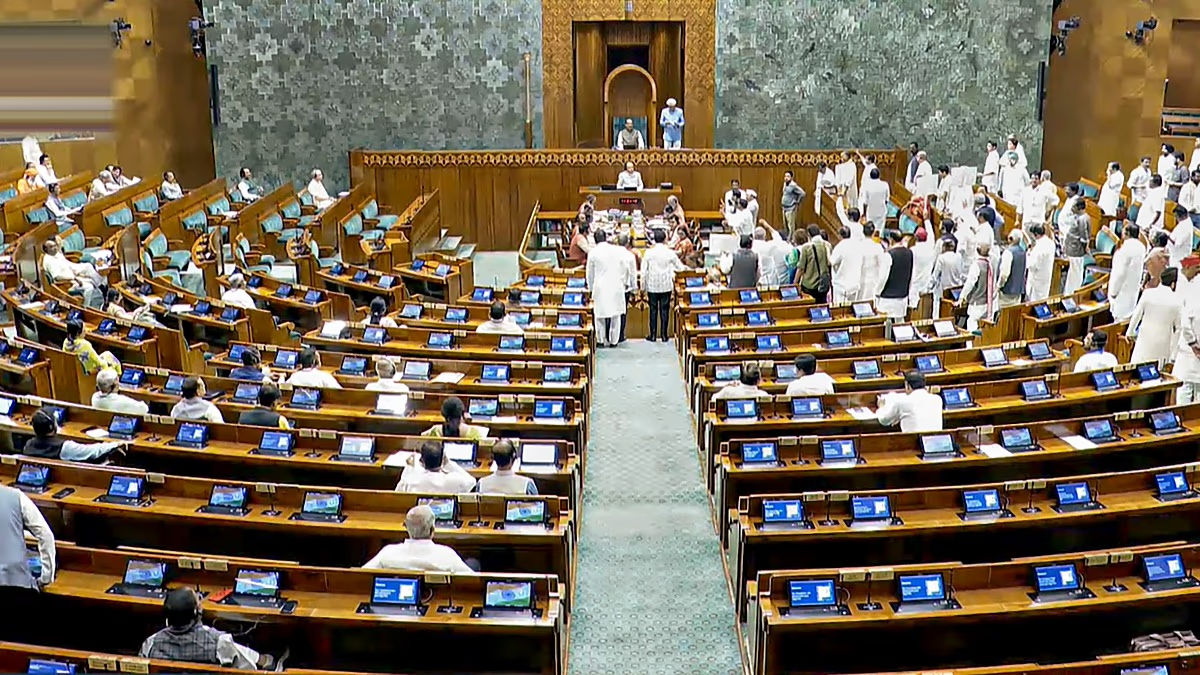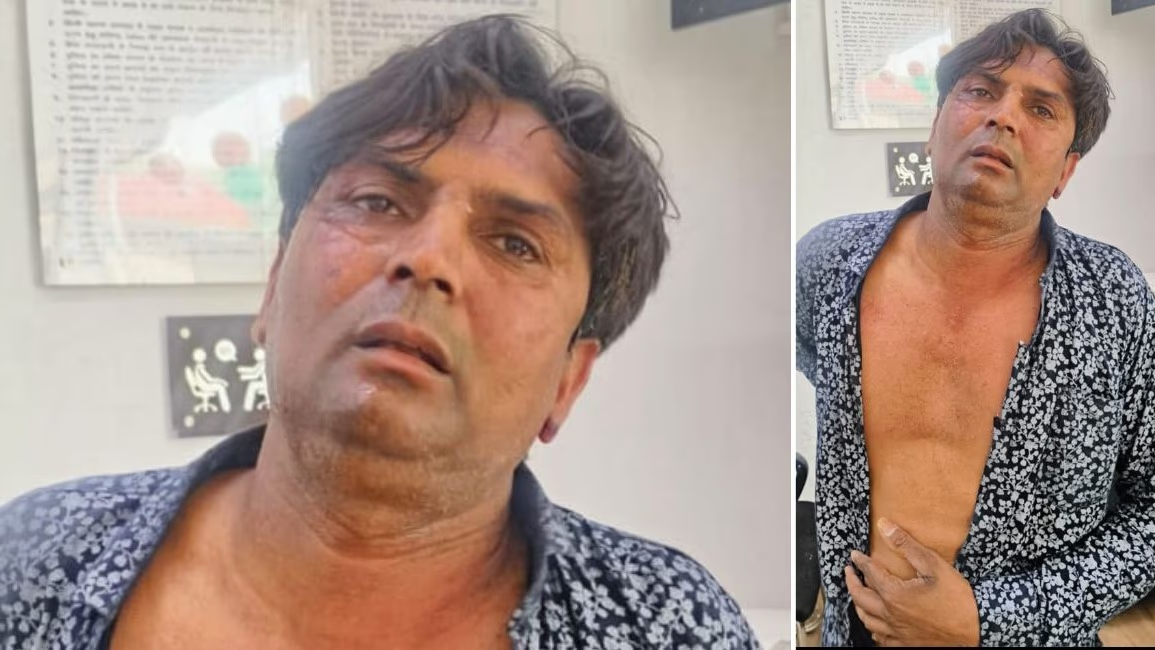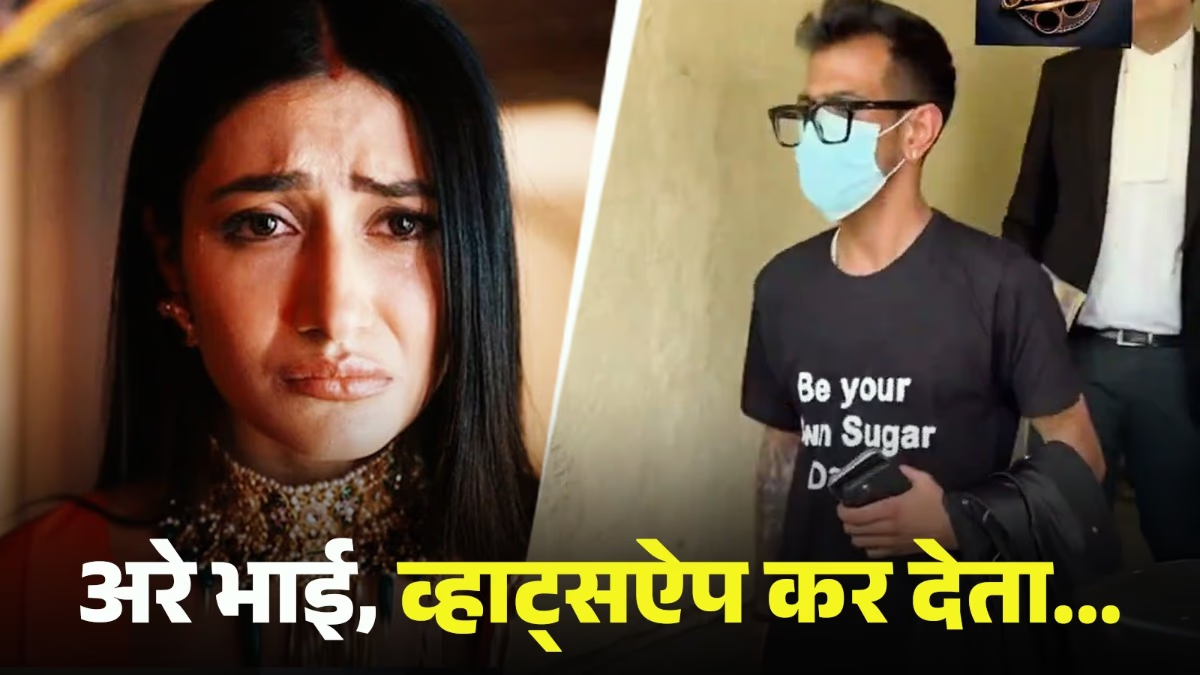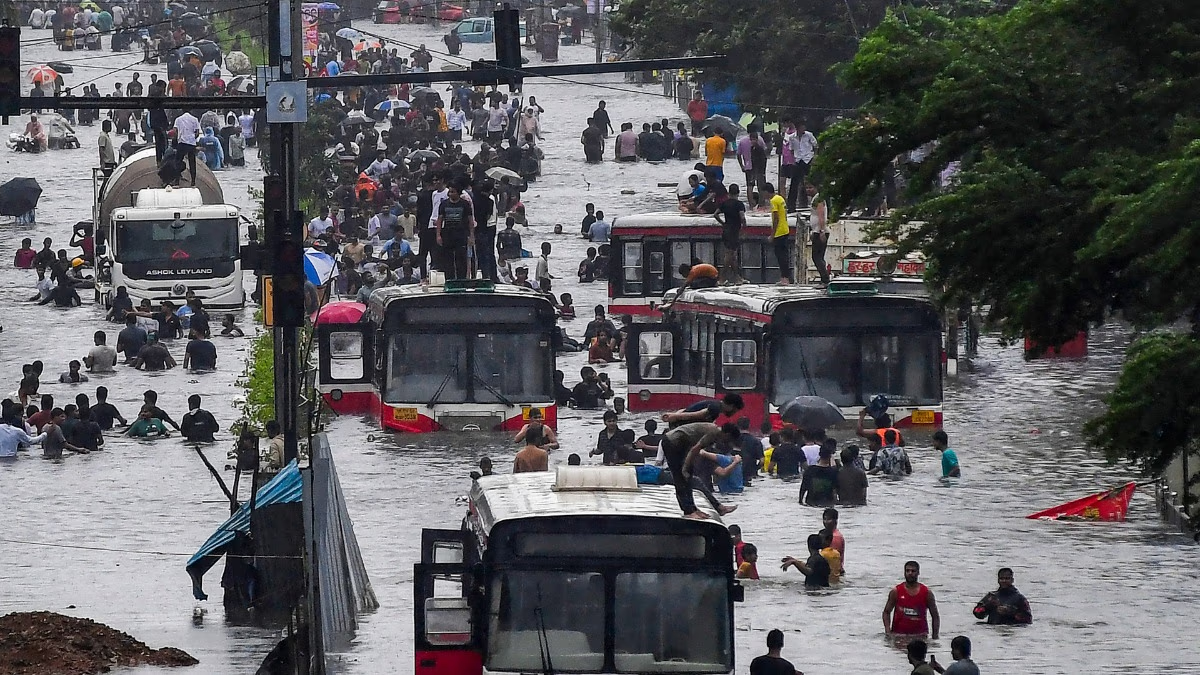The Union Home Minister, Amit Shah, plans to introduce three pivotal bills in the Lok Sabha, one of which proposes that any Prime Minister, central minister, Chief Minister, or minister from the states and union territories detained for 30 days due to serious criminal charges should be dismissed from their position. This proposition has already ignited strong opposition reactions, predicting intense disruptions in the House.
Why Is the Bill Facing Opposition?
The proposed amendment aims to dismiss ministers jailed for 30 days. Oppositional forces argue that this bill endows the ruling party with the power to remove any current chief minister or minister at a whim.
Read More: 'Ripping Up the Bill, Breaking the Table…', Uproar Over Bill on Arrested PMs and CMs, Opposition Warns
Congress leader and senior lawyer, Abhishek Manu Singhvi, articulated on platform X a concern over the lack of legal guidelines in the proposal. Singhvi questioned, 'What a vicious cycle this is! Arrests without guidelines! Scornful and reckless arrests of opposition leaders. The new proposed law swiftly removes current 'minister' post-arrest. The most effective way to destabilize the opposition is to deploy biased central agencies for the arbitrary arrest of opposition CMs, failing even in elections, and to remove them! No ruling party CM has ever been touched!!'
What Does the Current Law State?
According to the constitution, the Prime Minister and Chief Ministers are appointed by the President and Governors, working at their pleasure. An elected individual assumes the chief minister role leading the majority in the state assembly. The Supreme Court dictates that an elected government must demonstrate majority support within the House.
In cases like S.R. Bommai and Shivraj Singh Chauhan, the Supreme Court emphasized that if any doubt arises about the confidence in the Ministry or Council, an immediate floor test remains the best solution.
The 2016 Nabam Rebia verdict underlined that a Chief Minister's appointment rests on the assumption of majority support within the assembly. Hence, the Governor does not have unchecked discretion to nominate anyone as Chief Minister.
Ministers Appointed on CM's Advice
Article 75 of the Constitution stipulates that the President appoints the Prime Minister and, on their advice, appoints other ministers who serve at the President's pleasure. The Council of Ministers answers collectively to the Lok Sabha. Similarly, state governors appoint Chief Ministers and other ministers upon the Chief Minister’s recommendation.
Read More: If a PM, CM, or Any Leader Stays in Jail Over 30 Days, Their Position Will Be Forfeited; Government to Present Bill
Besides the 'floor test,' the Representation of the People Act can deem any House member, including the Chief Minister, 'disqualified' if convicted of a crime with over two years of imprisonment. Notably, such disqualification occurs only post-judiciary conviction, as defined by Section 8 of the Act denoting minimum punishment for specific offenses.
The Act includes protection, ensuring an MP or MLA’s disqualification doesn't take effect until the High Court process concludes.
Implications of the Proposed Bill
Sources claim the bill suggests that if any state or central minister, along with the Chief Minister or Prime Minister, faces arrest in any case warranting five years of imprisonment and is detained for 30 days, they must resign by the 31st day of detention. Failure to do so results in removal from office.
This implies that action to remove the current minister/chief minister/Prime Minister might commence during trials and investigation, not just post-conviction.
Have Current Minister/Chief Minister Arrests Occurred?
Delhi's CM Arvind Kejriwal, amid alleged involvement in the excise policy scam, became the first sitting CM arrested in March 2024. Kejriwal remained detained until September and resigned from the CM post shortly after bail.
AAP Ministers in Delhi
Satyendar Jain, who was charged with money laundering and corruption, retained his ministerial position for nearly a year, resigning only in February 2023 following a May 2022 arrest. Delhi's Deputy CM Manish Sisodia, embroiled in a liquor scam, spent over 17 months in jail but resigned two days post-arrest.
Tamil Nadu Minister Senthil Balaji
Senthil Balaji tendered his resignation on 27 April 2025 after the Supreme Court criticized interference with witnesses and ongoing investigations in the cash-for-jobs scam and money laundering cases, making clear he must choose between being a minister or retaining freedom. Earlier, Balaji had resigned following a June 2023 arrest by the Enforcement Directorate yet persisted as a minister without portfolio until February 2024. Upon a Supreme Court bail decision on September 26, 2024, he regained the ministerial post.




